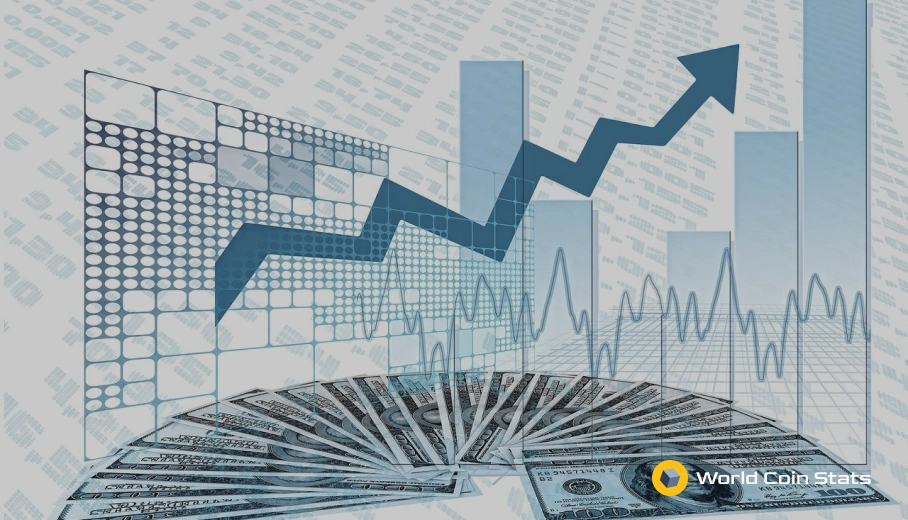Eurozone’s December PMI Finalized at 52.8, Worst Data Since 2013
LONDON, U.K. – The PMI Services for Eurozone in December was finalized at 52.8 points, modestly higher than the 51.9 in November’s data, while the PMI Composite rose moderately from November’s 50.6 to its current 50.9 points.
In the member’s data, the PMI Composite for Germany recovered at its revised 50.2 from the previous 49.4, recording its 4-month high. On the other hand, the PMI Composite for France and Italy went down. For December, France’s PMI Composite went to a low of 52.0 points, bringing it to its 3-month low, while Italy is at 49.3 points, marking the country’s 11-month low.
Meanwhile, Ireland recorded the biggest gain in Composite PMI at its 53 points to reach its 6-month high, and Spain at 52.7 to reach its 8-month high.
The PMI data for December marks the worst quarter for Eurozone since 2013, based on reports. The decline was mostly due to the subdued business activity during the last month of 2019. Based on the recent PMI data releases, it suggests that the Eurozone is looking towards a struggle towards a 0.1% increase during the closing three months of the previous year.
Despite the additional stimulus given by the ECB to boost that market growth, the weak performance in terms of these recent numbers is disappointing, at face value. Still, resistance from the less than optimistic sentiment in the manufacturing sector remains to be a major concern.
Meanwhile, policymakers are expected to get encouragement from the strong performance in the domestically-focused service sector, following its recorded accelerated growth in December, which is the sector’s highest gains since August. Further, the optimism in businesses has also significantly improved, reaching its best since May, which suggests that business mood has resiliently improved in the past months.
Although there are market cues that suggest a more optimistic future for the euro area, downside risks are still present in the year ahead. Despite the recent ease in the long-standing trade war between the US and China, which has affected the global markets most of 2019, the increase in trade tensions between Europe and the US will likely affect both party’s exports further.
Further, the anxiety and uncertainty over Brexit have also remained a major concern in the market, and it is expected to remain a damper in the Eurozone’s growth going forward. Still, with the lack of any major unfavorable headlines, the growth in the Eurozone is expected to start improving as 2020 progresses.




